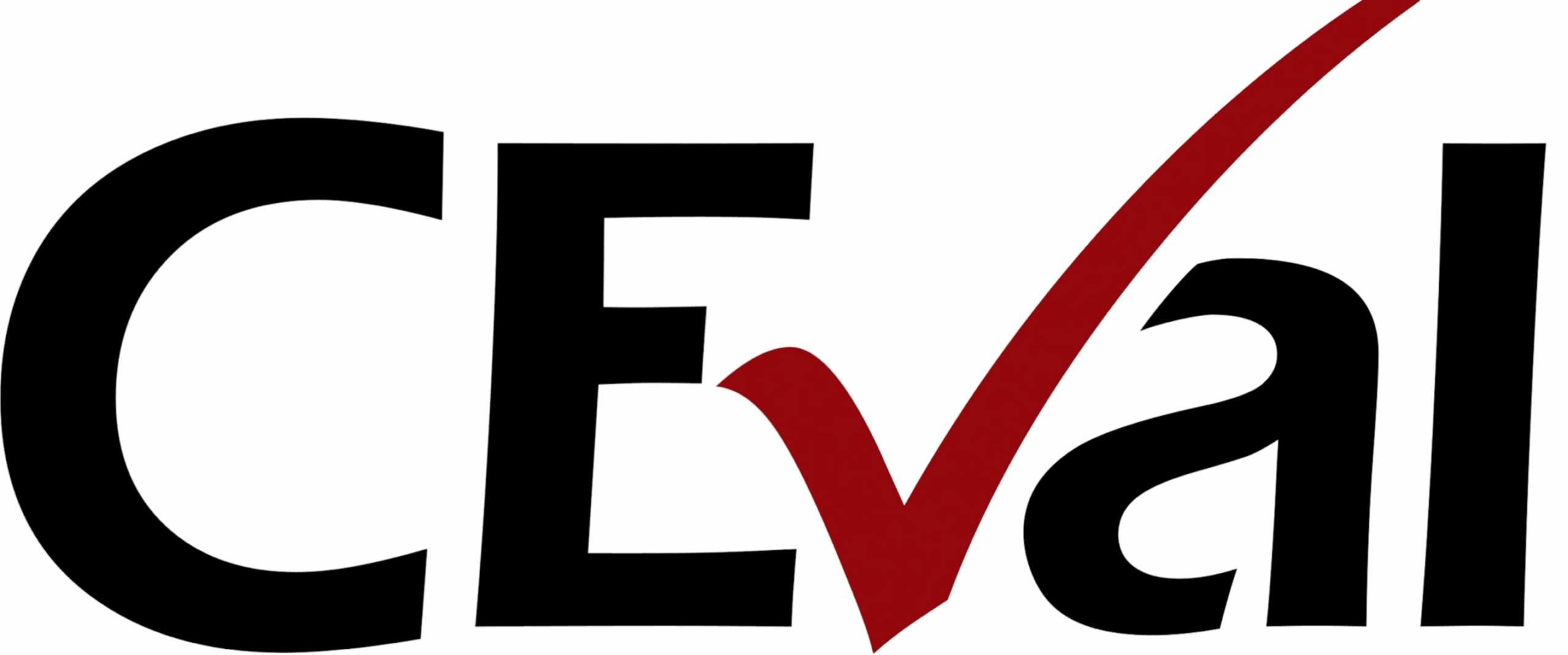Assessing the Impacts of Multinational Corporations on Global Development and Value Creation (Global Value)
The importance of multinational corporations for furthering global economic and social development is well established. Corporations invest in foreign countries, provide jobs, and thus generate formalized labor relations and income. Furthermore, they pay taxes that contribute to the provision of public services. At the same time, multinational corporations particularly have received criticism by being accused of supporting exploitative employment conditions and human rights abuses, causing environmental deterioration, and failing to mainstream responsible conduct in developing countries.
The GLOBAL VALUE project developed an innovative framework for assessing impacts of multinational corporations on issues related to sustainable development, working conditions, human rights, transparency, and anti-corruption. It shed light on institutional arrangement; analysed systems of governance for responsible business practices; explored responsible competitiveness; assessed the complementarity of public and private sector activities; and derived recommendations for decision makers in business, policy and non-governmental organisations.
The project was carried out by universities and civil society organisations from Europe and ICPC countries. A toolkit for impact evaluation was developed and tested in close collaboration with leading multinational corporations (BATA (garment, Bangladesh), OLAM (food, Tanzania) and NOKIA (ICT, India)).
The main responsibility of CEval was the development of an indicator-set for the framework which is based on Millennium Development Goals, human rights, gender & diversity, and anti-corruption & transparency and takes corporate management approaches (supply chain management, life cycle analysis and base-of-pyramid) as well as systems of governance for responsible business practices, competitiveness, and complementarity with official development aid (ODA) into account. In addition, it carried out two research case studies focusing on the complementarity of ODA with multinational corporations´ activities.
Project Evaluation "Diakonie and Caritas as Places of Sustainable Lifestyles and Procurement"
The evaluated project “Diakonie and Caritas (Protestant and Catholic social welfare organisations) as Places of Sustainable Lifestyles and Procurement” was launched on November 1, 2010 and ended on April 30, 2013. The project aim was to improve the sustainability of procurement in institutions providing inpatient care for the elderly, children and young people and people with disabilities. At the same time, staff, residents and visitors were informed and encouraged to adopt sustainable Lifestyles. In addition, approaches to reduce the use of resources and to introduce sustainable procurement Standards tested in pilot Projects were intended to be nationally disseminated and implemented in Diakonie and Caritas institutions as well as in non-church-based social welfare organisations.
The Evaluation was formative, accompanied the process and began one and a half years into the project. It should provide relevant findings for the remaining Duration of the project and its planned continuation. Broadly speaking, a detailed Content description of the four project phases was compared to its current Status at the beginning of the Evaluation. More specifically, the aim was to document activities which had been realised when the evalzuation began, to obtain Information on the achievements of sub-Targets (“Improving Procurement Regarding Sustainability Standards”, “National Dissemination of the Project”, “Creating Network Structures”) and to identify potentials for optimisation. Special Focus has been laid on Institution Management and staff and how they can be motivated to pursue sustainable procurement.
CEval applied a mixed method Approach focusing on qualitative Guideline-based interviews and standardised online surveys to collect relevant data. Data and method analyses were enhanced by document analyses.
Watermark Campaign
The “Watermark Campaign” is a program of the Ministry for the Environment that provides financial support to the Saarland municipalities in their efforts to separate non-contaminated rainwater from waste water that needs to be cleaned. Since the watermark campaign came into force in 1996, around 400 projects have been subsidized with a total of around 65 million. As part of this evaluation, it was systematically examined how the project was accepted by those involved on site and where problems arise. The results of the evaluation should be used to redesign the watermark campaign.
